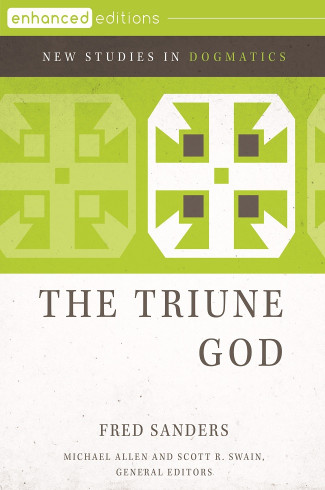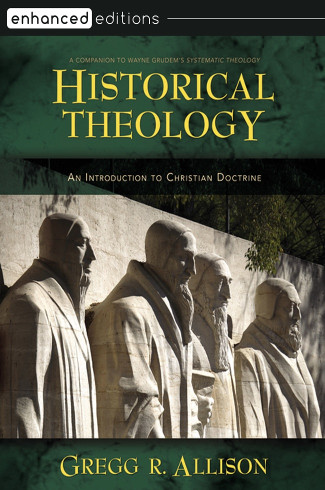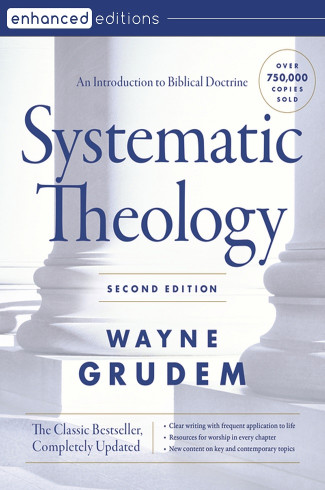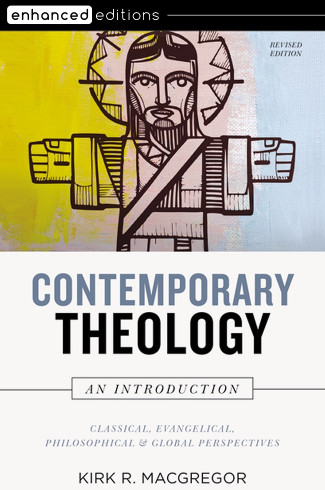The Triune God aims to secure our knowledge of the triune God by rightly ordering the theological language with which we praise him. It reaches its conclusions about how the doctrine should be handled on the basis of the way the Trinity was revealed. As such, it is a study that offers dogmatic principles for Trinitarian exegesis. Half of the volume establishes the biblical exposition and draws the doctrinal implications from it, showing that Trinitarianism is a gift of revelation before it is an achievement of the church. Sanders interacts with major voices from the history of doctrine, and his arguments are indebted to and informed by the great tradition of Trinitarianism. But the fitting way to retrieve the insights of the church fathers is not to pay more attention to them than to Scripture. The most patristic way to proceed toward a well-ordered doctrine of the Trinity is, after all, to study Scripture.
The New Studies in Dogmatics series seeks to retrieve the riches of Christian doctrine for the sake of contemporary theological renewal. Following in the tradition of G. C. Berkouwer’s Studies in Dogmatics, this series will provide thoughtful, concise, and readable treatments of major theological topics, expressing the biblical, creedal, and confessional shape of Christian doctrine for a contemporary evangelical audience. The editors and contributors share a common conviction that the way forward in constructive systematic theology lies in building upon the foundations laid in the church’s historic understanding of the Word of God as professed in its creeds, councils, and confessions, and by its most trusted teachers.







